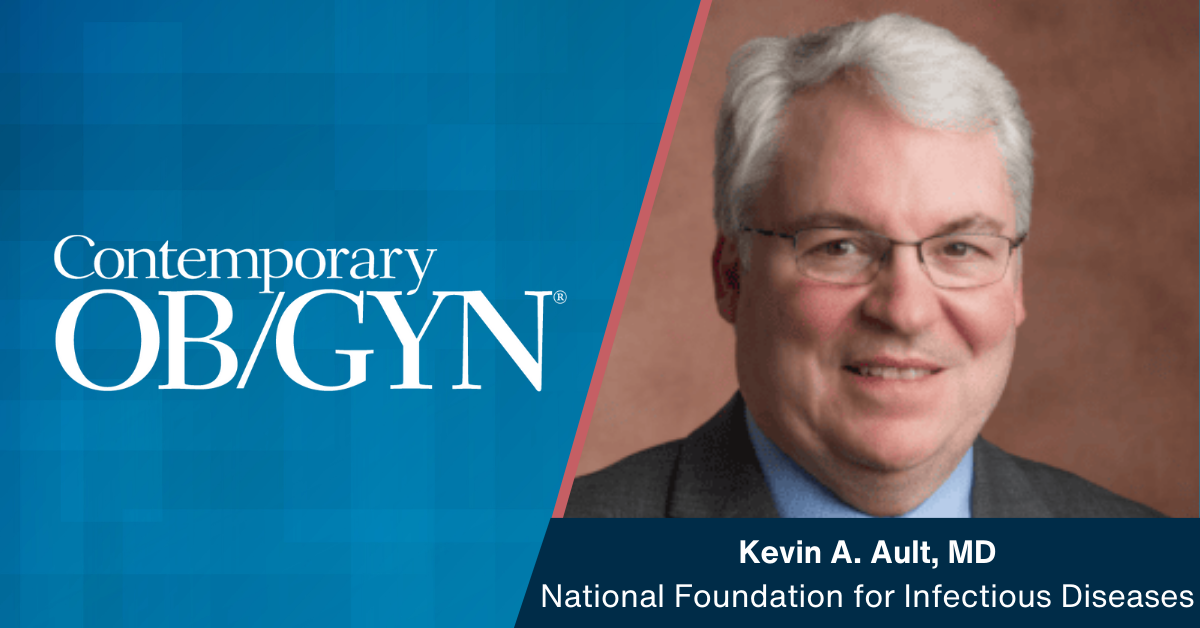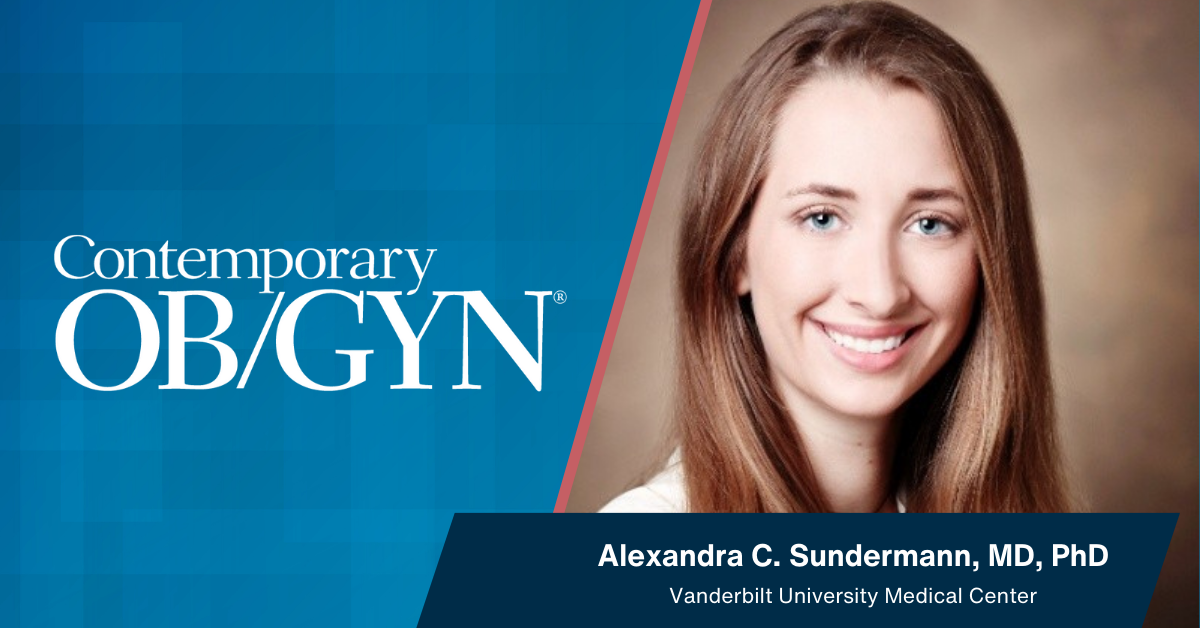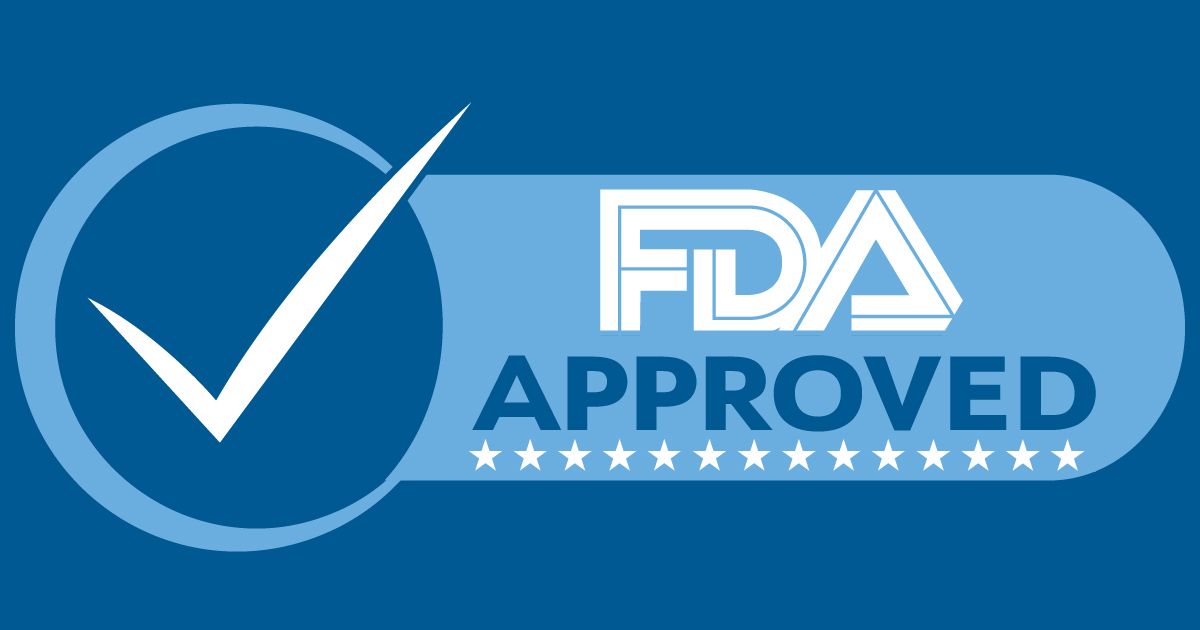Prenatal Health
From pregnancy to delivery, prenatal care is essential to ensuring the health of mother and baby. Throughout the stages of pregnancy, ob-gyns are there to provide tailored medical care, education, and support to their patients. The Consortium for Prenatal Health and Wellness is designed to equip prenatal care providers with cutting-edge information, practical pearls, and patient resources through articles, videos, podcasts, polls, and more.

Prenatal use of the psychoactive drug benzodiazepines is not a major risk factor for altered neurodevelopment in early childhood, despite crossing the human blood-placenta barrier, according to a review in Neurotoxicology and Teratology.

The disproportionate negative impact of sociopolitical stressors on Black women and Latinas in the United States exacerbates prenatal anxiety in these 2 groups, according to a review and recommendations published in the journal Frontiers in Psychiatry.

The FDA recently issued a statement warning the public of the risks and potential false results obtained with noninvasive prenatal screening tests, noting that inappropriate usage and interpretation has resulted in improper medical decisions.

An integrated model for prenatal care that incorporates both virtual and in-person visits has been well-received by patients and health care providers alike, according to a review in the Journal of Midwifery & Women’s Health.

Prenatal attachment levels were enhanced among pregnant women who were pleased with their appearance and body, displayed a positive attitude about their physical fitness, and engaged in practices that bolstered their health and physical capacity, according to a study in the Journal of Obstetric, Gynecologic & Neonatal Nursing.

A study published in American Journal of Preventive Medicine compared prenatal care in women with various disabilities.
Coming Soon.











